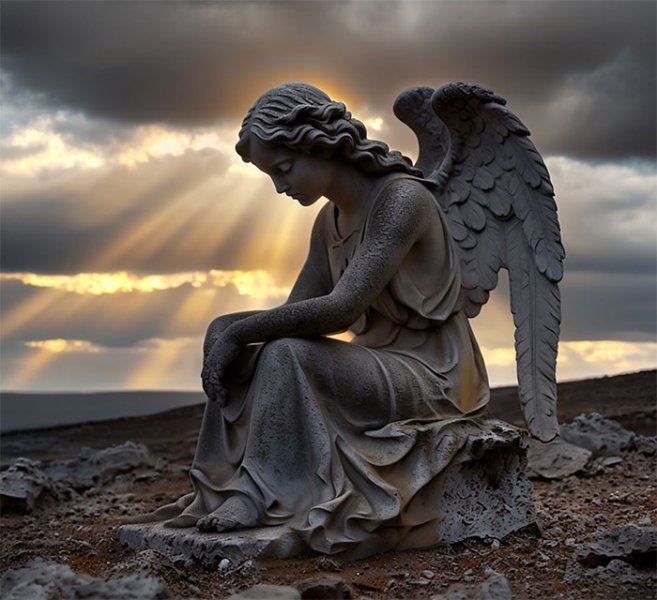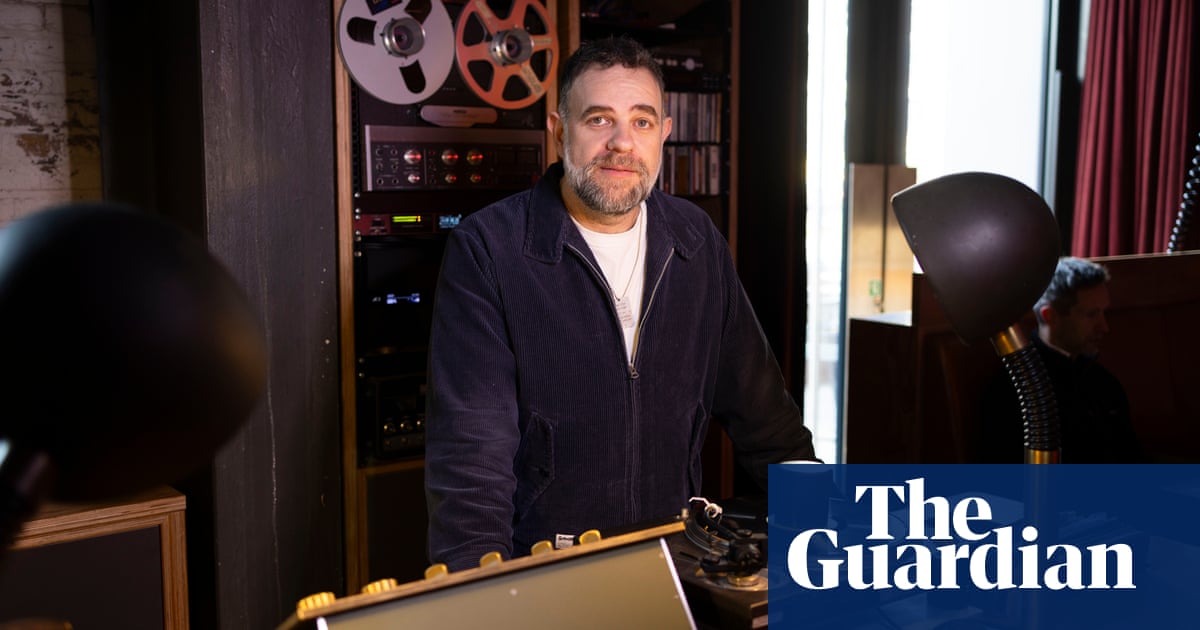I would partly agree with this statement. The major progress in high end audio in the past decade has been streaming, i.e. the ability to transmit large amounts of music digitally over the Internet at high bit rates. That innovation, incidentally, did not come from the high end market, but from a small startup in Sweden named Spotify (to see the beautiful story of how streaming was invented, see the Netflix docudrama The Playlist). A bunch of technical innovations, chiefly the ability to bypass some of the latency in the TCP/IP network protocol that runs the web was necessary to get real-time streaming to work (just as streaming movies required ideas like overlay networks, which a former academic colleague of mine invented in his Princeton PhD thesis -- he went on to co-found Akamai, whose hundreds of thousands of servers runs large parts of the Internet).
If you look at other categories, say speakers, I'd say there's been no innovation at all. The best loudspeakers of the past 60 years -- the Klipschorn, the Quad ESL 63, the Spendor BBC models, the Magneplanars etc. -- are still some of the best loudspeakers today. No real innovation in the science of making loudspeakers that I can see, except putting bigger cones in bigger boxes. Sure, there is innovation in materials used to make cones, like graphene or Alan Shaw's composite polymer RADIAL midrange cones in Harbeth, but that's an incremental innovation in my book.
What would a true innovation in loudspeaker technology look like? It's really simple -- produce a loudspeaker that can resolve all 16 bits recorded on humble CD disc that has been around for 40+ years. We are so so far from being able to hear the full resolution of redbook CD that it's laughable. The best loudspeakers can barely resolve 7-8 bits of information in the bass and treble, and even in the midrange, the resolution is just around 10-11 bits. To get true redbook quality sound from a loudspeaker, distortion has to be around 0.001% from 20 Hz to 20 Khz. Where are we now? Ha! More like 5% THD in the bass, perhaps 0.1% THD in the midrange for the best (read electrostatic or horn) loudspeakers, and worse in the treble. Solve this problem and you have a real breakthrough in high end audio.
What are manufacturers doing instead? Well, selling the same old wine in new bottles mostly. Or chasing after non-existent problems, like fancy media servers or DACs that weigh hundreds of pounds, but whose measured improvement over much cheaper solutions is non-existent. Fancy power chords or USB cables is not where the hard scientific problems in high end audio are. The more you chase after non-existent problems, the longer it will take to make genuine progress.
Since I have a scientific background, having spent most of my life as an academic, in most areas of science, there's a very clear understanding of what the truly hard scientific problems are. In physics, it is understanding the large-scale structure of the universe, how the universe began, and how to reconcile the large-scale force of gravity with the infinitesimal forces underlying quantum mechanics. Black holes are the hard scientific problem in physics -- a region where time and space cease to exist. Biologists are deeply interested in how life began on earth. We know evolution is what drives biology, but how did life even get started? That's the mystery. Neuroscientists want to understand the brain -- how can 100 billion neurons in our head write symphonies, paint great art, and invent new scientific theories?
The hard problem in high end audio has to do with designing loudspeakers (or headphones) that can truly resolve the full spectrum of information in a redbook (or high resolution) digital recording. We are very very far from achieving that goal, and the more time is spent in chasing non-problems, the more time is wasted on trivialities.










